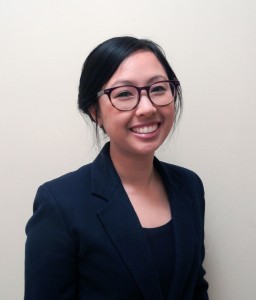Time management is a never ending issue for those on the tenure track. You’ve just about got your email under control and something breaks. You think you’ll have lots of time to write in the summer but suddenly there is random money for renovations. There is always something pulling at your time.
Greg McKeown offers some great advice on existentialism and saying no to be more effective. “…by focusing on the few things that are really essential we are actually able to make a more valuable contribution.”
There’s a lot of ways to try and manage your time, not all of them will work for all people. Here’s a few tips that I’ve found helpful.
Try and keep your inbox at 20 or under, over 20 and it’s easy for things to get buried.
Don’t use auto sorting mail folders unless you either a) really good at checking things other than your inbox, or b) don’t really need to read those emails because most of us will just ignore the darn things.
If you can answer the email in 5 minutes or less do so when you first open it unless there are extenuating circumstances.
Meetings
Look at your week as a whole, make sure that you leave yourself blocks of meeting-free time to get your work done. (Sometimes it is not the number of meeting but when they are scheduled that disrupts your productivity.)
When possible stack meetings on the same days so that you are not constantly being interrupted all week.
Meetings should be scheduled with the time and location displayed on your calendar; add in travel time if the meeting is not in your office, even for meetings in your building. A minimum of 15 minutes travel time will allow you to gather your stuff and walk to another part of the building even with last minute phone or email interruptions. Add more time for meetings not held in your building as appropriate.
Lastly, at a certain point in your pre-tenure career you’re going to have to decide what is essential to you and take a stand because you’ll be getting a lot of conflicting advice on what will make you the best possible tenure candidate. Talk with as many mentors both at and outside of your institution as possible and then find a path that marries what you consider to be essential with the essentials of your department and institution. Sometimes you will have to do things that you don’t care for or disagree with, but as long as they are not deal breakers it is best to think of them as the stepping stones that allow you to make a difference in the areas that really matter.

